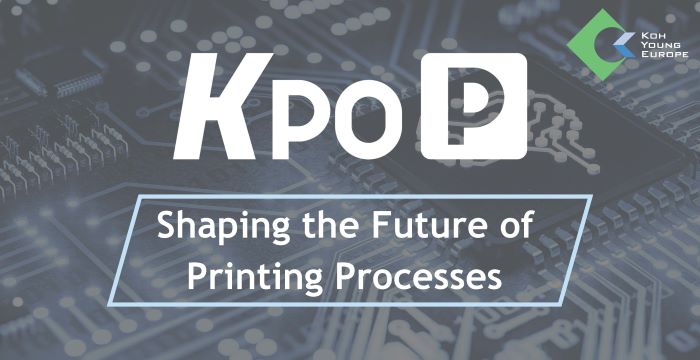
Merck completes acquisition of French firm Unity-SC
Unity-SC develops measurement and inspection equipment for heterogeneous integrated semiconductor systems used in AI, high-performance computing and high-bandwidth memory chips.
Merck has completed the acquisition of French metrology and inspection instrumentation provider Unity-SC.
The German multinational science and technology firm had acquired Unity-SC for 155 million euros (USD 169 million) plus additional milestone-based payments.
Unity-SC develops measurement and inspection equipment for heterogeneous integrated semiconductor systems used in AI, high-performance computing and high-bandwidth memory chips.
Merck announced its bid to acquire Unity-SC in July. The deal was finalized after recent approvals from regulatory authorities and the fulfillment of acquisition conditions, according to a report by the Korea Times.
Unity-SC, based in Montbonnot-Saint-Martin near Grenoble, France, employs around 160 people, of whom 70 work in R&D. They will join the approximately 8,000 employees of Merck’s Electronics business sector, according to a media release.
Merck will rename its display business unit Optronics, reflecting its bid to expand in the optical technologies space.
“With our Optronics business and the acquisition of Unity-SC, we have significantly expanded our portfolio to include metrology solutions for semiconductor and optoelectronic manufacturing,” Kai Beckmann, member of Merck’s executive board and CEO of Electronics, Merck, said. “This convergence signals an extension of Merck’s relevance in the electronics ecosystem, where materials science, distribution, metrology and inspection work hand-in-hand to enable better, faster, more efficient and more reliable production of next-generation chips and devices.”
“With strong capabilities from specialist knowledge with optical material systems through to semiconductor device knowledge, Merck aims at leveraging Optronics and driving business opportunities, such as optics on chips, to enable next-generation computing technologies whose high data transfer rates on the chip will only be possible by using light-based data lines,” Merck said in a media release.


.jpg)
